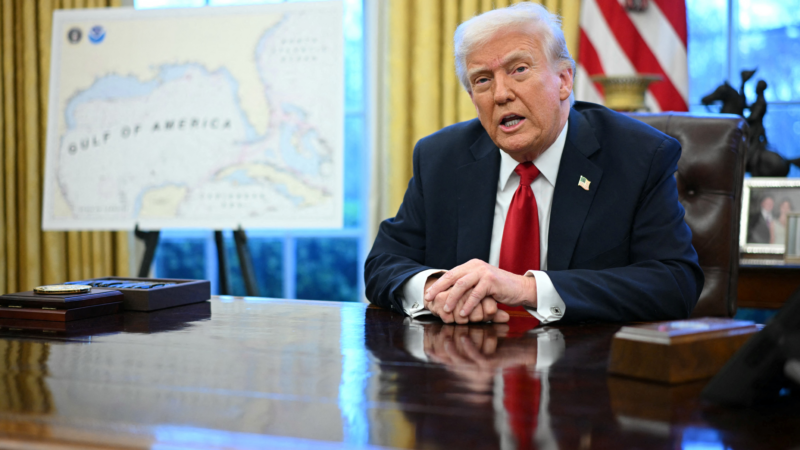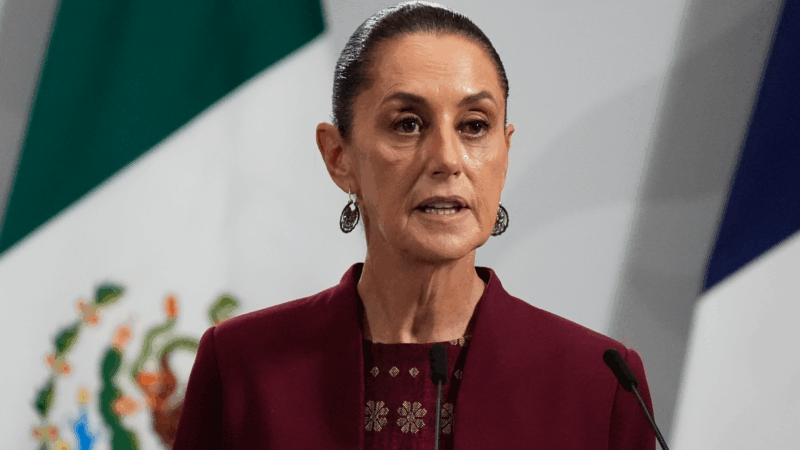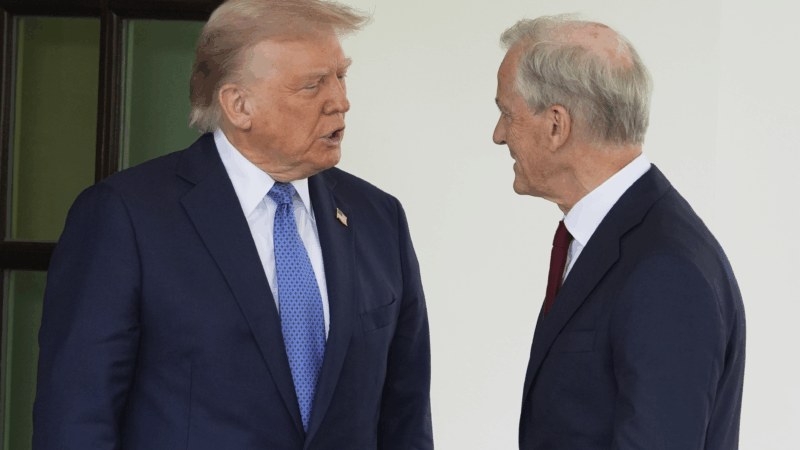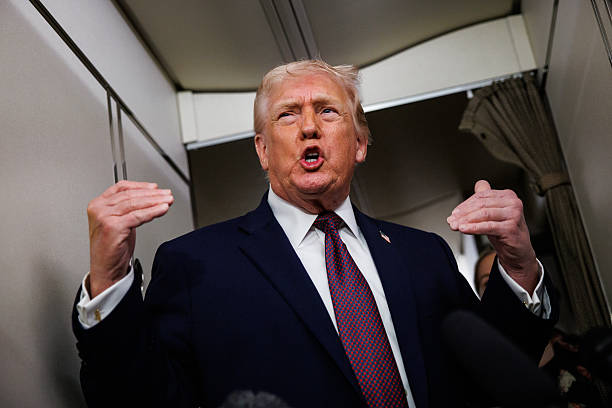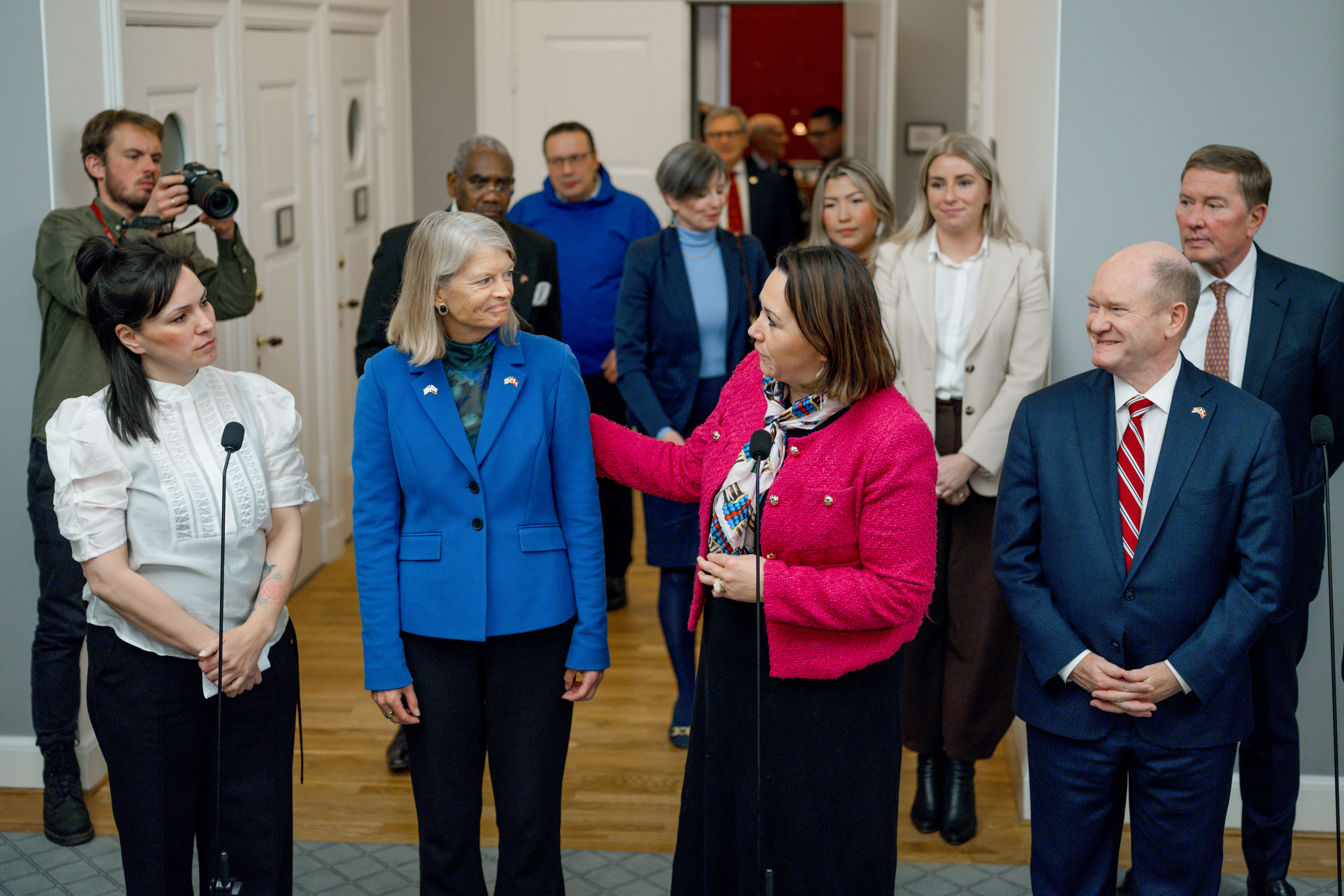Trump announces new 25 percent tariff on all cars made outside the U.S.
President Trump signed an executive order imposing 25% tariffs on imported cars on Wednesday.
“I think our automobile business will flourish like it’s never flourished before,” Trump said in remarks from the Oval Office.
The latest policy is yet another example of the president’s tariff-centric second-term economic agenda. Thus far, Trump has imposed tariffs on Chinese goods, steel and aluminum, and on some goods from Canada and Mexico. Trump also plans a wave of what he calls “reciprocal tariffs” to start April 2, which he has called “Liberation Day.” The taxes on imports have caused plummeting stock markets and consumer confidence, and have left businesses and consumers uncertain about what they want to invest in.
The Trump administration has given multiple rationales for these tariffs, but they have emphasized boosting manufacturing as the chief goal.
U.S. tariffs are paid to the government by businesses in the U.S. that are importing goods. Studies of tariffs imposed in Trump’s first term have shown they were overwhelmingly paid by U.S. businesses and consumers. White House officials have said that foreign companies will lower their prices to compensate for tariffs, essentially eating the cost. However, when asked by NPR, the officials provided no data to support this.
Trump’s tariff policy has been chaotic throughout this presidency. In addition to the tariffs already imposed, he has threatened still more tariffs on a range of goods from around the world, at times announcing a tariff only to then delay or retract it.
Earlier this week, Trump floated what he called a “secondary tariff” of 25 percent on goods from any country buying oil or gas from Venezuela.
The president has said he will also impose “reciprocal tariffs”, which he has described as being equal to tariffs other countries impose on U.S. goods. However, the White House has given few specific details on what those reciprocal tariffs will look like. The latest automobile tariffs go into effect April 3 according to Trump.
Italian fashion designer Valentino dies at 93
Garavani built one of the most recognizable luxury brands in the world. His clients included royalty, Hollywood stars, and first ladies.
Sheinbaum reassures Mexico after US military movements spark concern
Mexican President Claudia Sheinbaum quelled concerns on Monday about two recent movements of the U.S. military in the vicinity of Mexico that have the country on edge since the attack on Venezuela.
Trump says he’s pursuing Greenland after perceived Nobel Peace Prize snub
"Considering your Country decided not to give me the Nobel Peace Prize… I no longer feel an obligation to think purely of Peace," Trump wrote in a message to the Norwegian Prime Minister.
Trump has rolled out many of the Project 2025 policies he once claimed ignorance about
Some of the 2025 policies that have been implemented include cracking down on immigration and dismantling the Department of Education.
U.S. lawmakers wrap reassurance tour in Denmark as tensions around Greenland grow
A bipartisan congressional delegation traveled to Denmark to try to deescalate rising tensions. Just as they were finishing, President Trump announced new tariffs on the country until it agrees to his plan of acquiring Greenland.
Can exercise and anti-inflammatories fend off aging? A study aims to find out
New research is underway to test whether a combination of high-intensity interval training and generic medicines can slow down aging and fend off age-related diseases. Here's how it might work.

